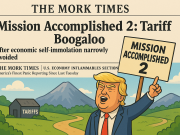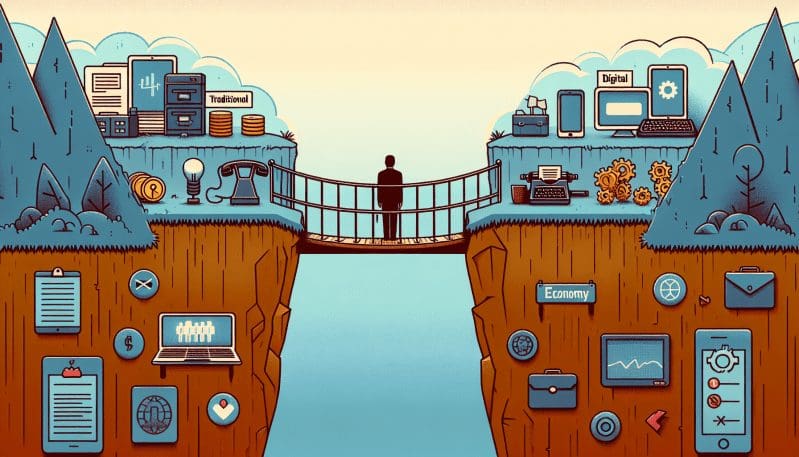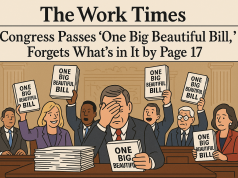In today’s mercurial economic landscape, the quest for career sustainability has become a central concern for both employees and employers. The rise of the gig economy, the accelerating pace of technological change, and the global disruptions, such as economic downturns and pandemics, have sparked a fundamental reevaluation of what it means to have a ‘stable’ career. Workers yearn for security, while companies must remain nimble and innovative in the face of relentless change. So, how can we reconcile these seemingly conflicting needs? The answer may lie in a multi-pronged approach that emphasizes continuous learning, adaptability, and the cultivation of transferable skills to future-proof our jobs.
For employees, the key to sustaining a career in an unpredictable economy is adaptability. This means being open to change, ready to learn new skills, and flexible enough to pivot roles or industries if the need arises. Workers should focus on developing a solid set of transferable skills that can be applied across various fields and roles. Critical thinking, problem-solving, digital literacy, leadership, and communication are foundational skills that will serve one well, regardless of the job market’s fluctuations.
Continuous learning is another pillar supporting sustainable careers. In the face of automation and artificial intelligence, workers must be proactive in their educational pursuits. This could involve formal education, such as degrees or certifications, or less formal routes, such as online courses, workshops, or even self-directed learning to stay abreast of industry trends and technological advancements. By doing so, they not only enhance their own employability but also become a valuable asset to their current and future employers.
From the employer’s perspective, creating an environment that supports sustainable career paths is just as crucial. Leadership plays a pivotal role in this process. It’s about creating a culture where growth and learning are encouraged, and where employees feel secure enough to invest in their professional development. Employers can institute mentorship programs, provide access to continued education, or offer rotational assignments to help employees build a diverse skill set within the company.
Moreover, companies can no longer afford to overlook the importance of employee well-being as a component of career sustainability. A workforce that is healthy, both mentally and physically, is more productive and better equipped to adapt to change. Employers are therefore incentivized to provide resources and support systems that promote well-being, such as flexible working conditions, mental health resources, and adequate time-off policies.
Looking at case studies, firms like Google and Amazon are pioneering in providing environments that foster sustainable careers. Google, for instance, is known for its ‘20% time’ policy, which encourages employees to spend a fifth of their work time on side projects, many of which have developed into core offerings of the company. This not only spurs innovation within the company but also allows employees to cultivate new skills and interests within a supportive framework.
As we consider the interplay between the gig economy and sustainable careers, it’s clear that a new blueprint for job stability is emerging. The ‘job for life’ concept may be fading, but that doesn’t mean the end of career sustainability. Instead, it’s a shift towards a model where flexibility, continuous learning, and skill portability are paramount.
In conclusion, crafting sustainable careers in an unpredictable economy is a shared responsibility. Employees must be proactive in their learning and adaptable to change, while employers should create cultures that promote and facilitate these qualities. Through such a symbiotic approach, it is possible to engineer career stability in a world where the only constant is change. The Work Times readers, navigating the intricate balance between stability and flexibility, now more than ever, have the insights and actionable advice needed to tailor their professional trajectories for longevity and success in a world in flux.




























